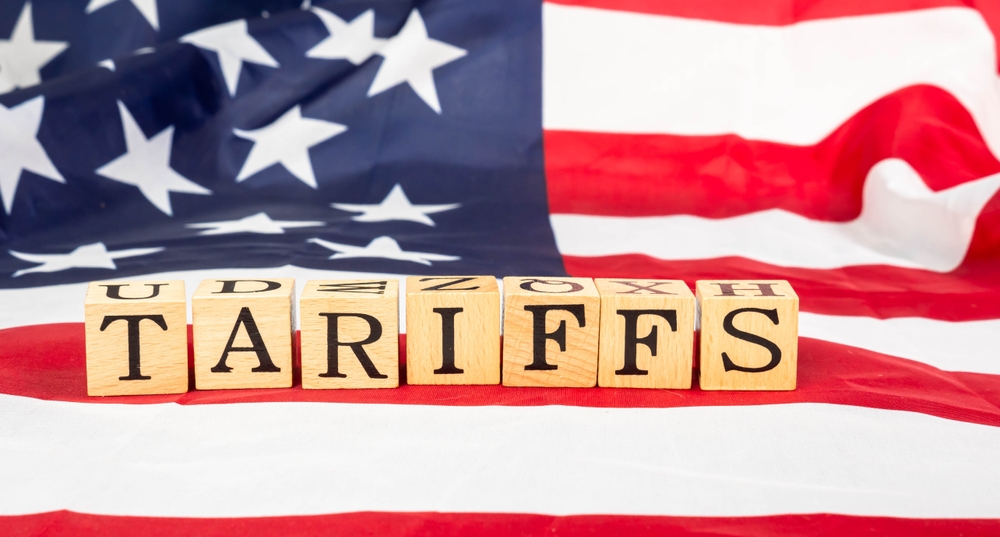The Trump administration’s repeal of the de minimis exemption on Friday, which allowed goods made in mainland China and Hong Kong to be imported duty-free into the United States for under $800, will cost American tech companies billions in losses, The New York Times reports.

Background and Policy Shift
Section 321 (Section 321(a)(2)(C) of the Tariff Act), which regulates the de minimis exemption, was enacted in the United States in 1930. In 2016, the threshold for the tax-free value of imported goods was significantly increased — from $200 to $800. The existence of this duty-free loophole led to the rise of Chinese cross-border e-commerce platforms such as Shein and Temu, as well as other low-cost online stores offering goods directly from Chinese factories at steep discounts.
These platforms have competed aggressively for the attention of American consumers, investing heavily in advertising. As a result, companies like Meta, Alphabet, and others have earned billions in ad revenue. Over the past two years, Amazon alone has spent more on online advertising in the U.S. than either Shein or Temu, according to The New York Times.
Trump’s cancellation of the de minimis exemption now subjects platforms like Shein and Temu to duties of up to 145%. In response, Temu began adding “import fees” to some products, more than doubling the total cost of purchasing and shipping them. Amazon had initially planned to display the amount of duties next to product prices, but reportedly abandoned this plan after Trump personally called Amazon founder Jeff Bezos, NIX Solutions notes.
Market Response and Economic Impact
A Temu spokesperson said the company has stopped shipping products directly from China to U.S. customers and is now moving to a “local fulfillment model,” using warehouses within the United States.
Analytics firm Sensor Tower reports that in the two-week period beginning March 31, Temu’s daily U.S. ad spend across platforms like Facebook, Instagram, TikTok, Snap, X, and YouTube dropped by 31% compared to its previous 30-day average. Shein’s daily ad spend fell 19% over the same timeframe. Marketing firm Tinuiti identified the new tariffs as a primary reason behind these cuts and noted that both companies raised prices on certain items simultaneously.
In 2023, advertisers from China generated $18.4 billion in revenue for Meta, representing about 11% of its total revenue and more than doubling the 2022 figure. Google has acknowledged that the end of the exemption “will obviously lead to a slight slowdown in the advertising business in 2025.”
This is a developing situation, and we’ll keep you updated as more details and potential platform responses become available.
